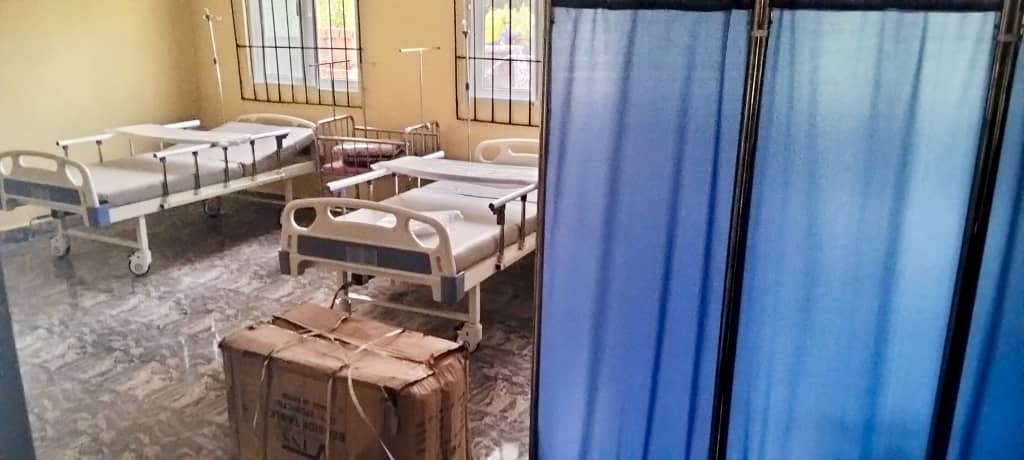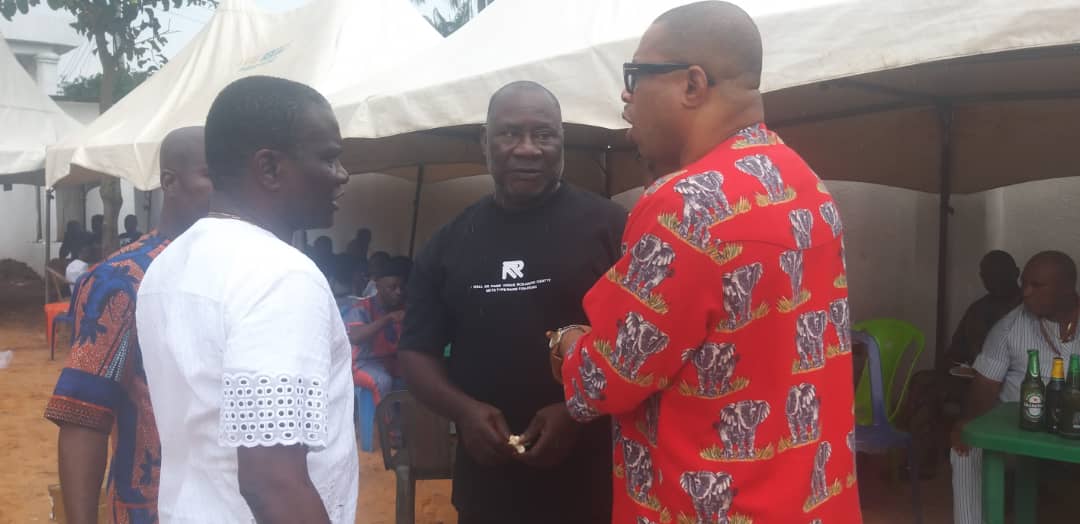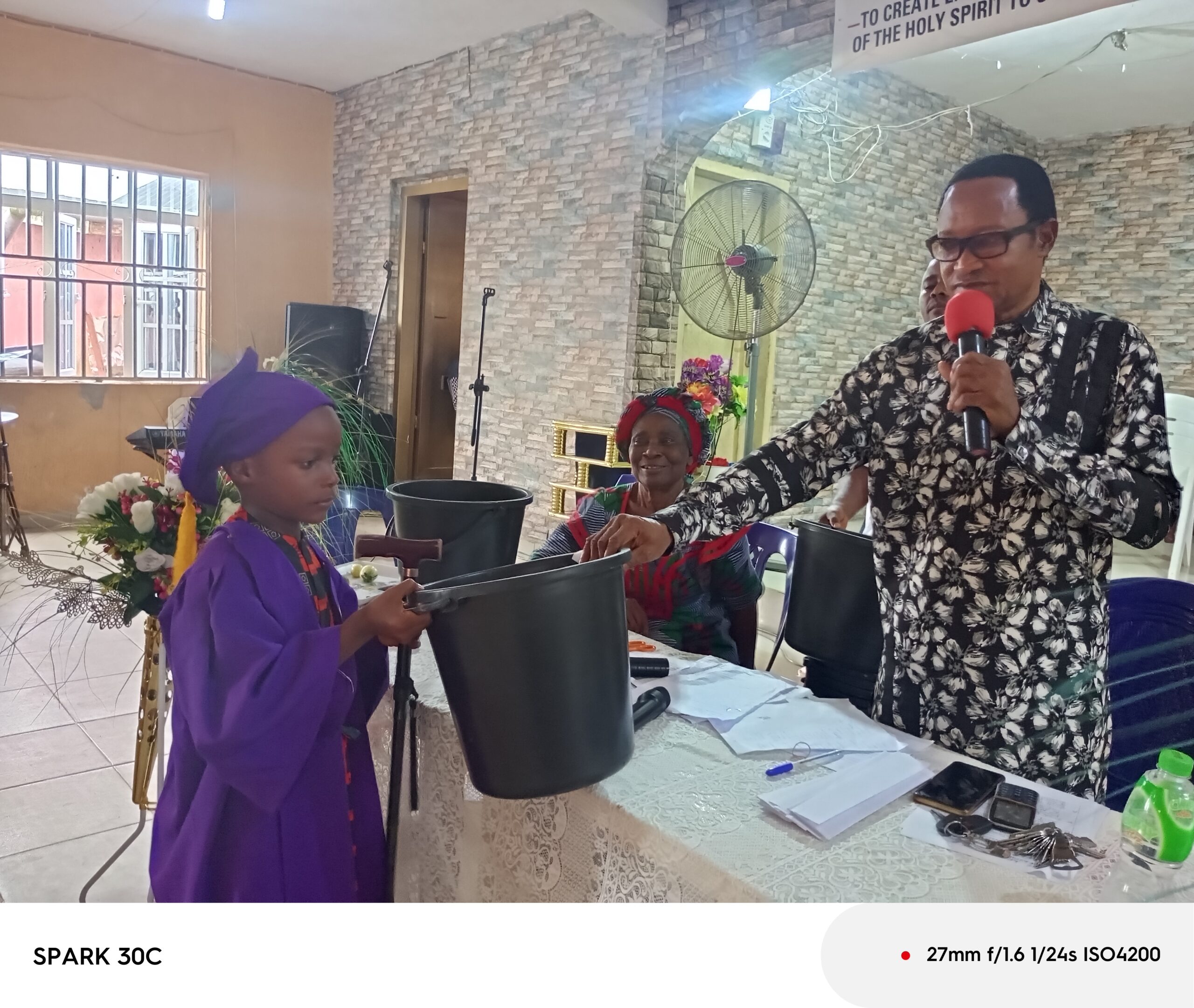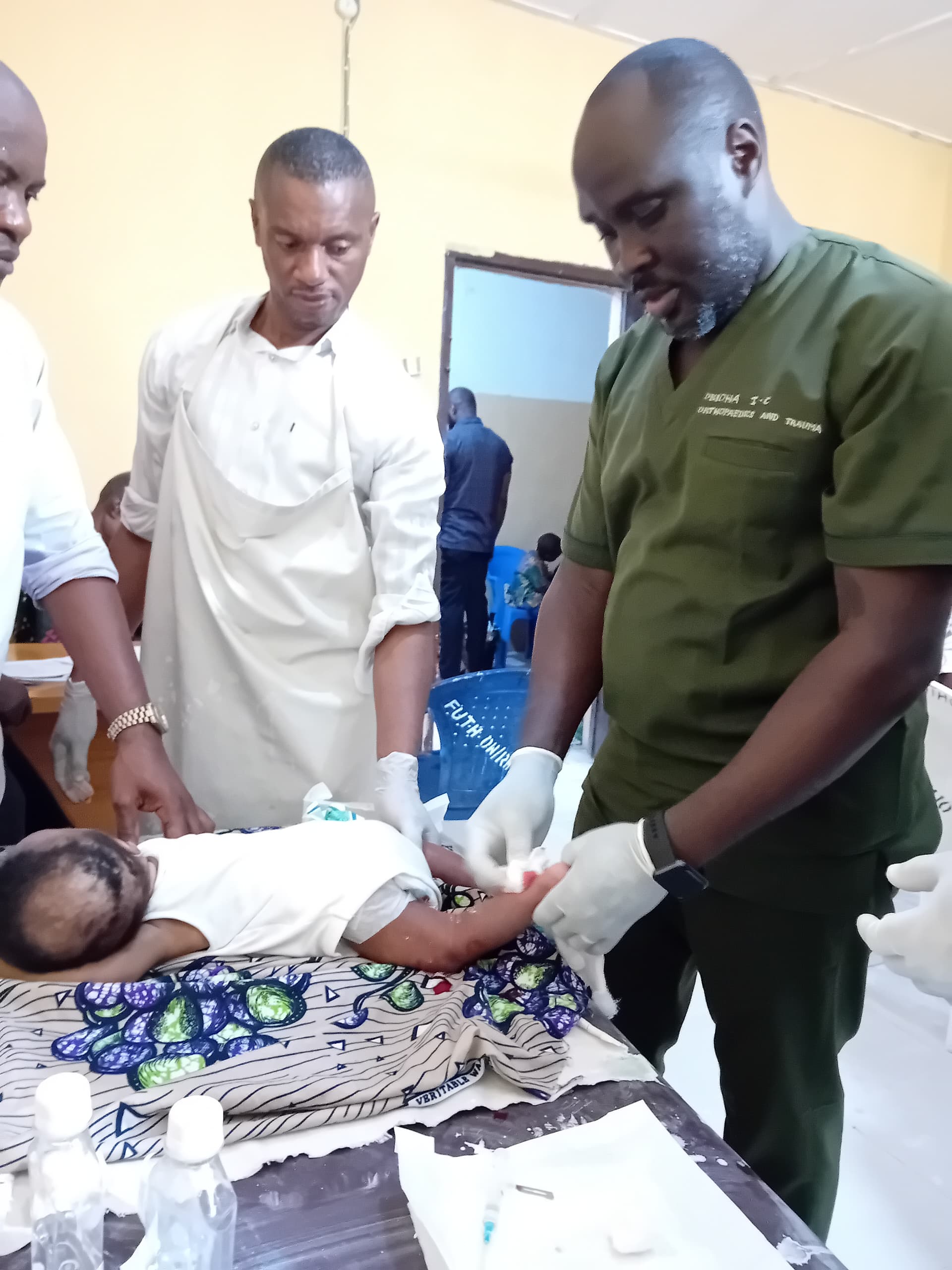
From TCNEWS
The Abia State Government, in collaboration with key stakeholders and development partners, has reaffirmed its commitment to revitalising primary healthcare delivery across all 17 local government areas. A high-level stakeholders’ meeting and performance review was held at the Conference Hall of the Deputy Governor’s Office in Umuahia, marking a significant step in evaluating and strengthening the state’s Primary Health Care (PHC) programme for the second quarter of the year.
The meeting brought together representatives from government agencies, traditional and religious institutions, civil society, and international organisations to assess progress, identify gaps, and plan for improved healthcare delivery in the coming months.

A key highlight of the meeting was the renewed pledge of support from the National Orientation Agency (NOA). Comrade Victor Orji, Director of NOA in Abia State, assured stakeholders of the agency’s readiness to deploy its grassroots communication structures in support of the PHC agenda. He emphasized the role of effective community mobilisation in boosting the uptake of critical health services such as maternal and child health initiatives and immunization drives.
“Our agency remains committed to supporting this government’s health vision by ensuring that no community is left behind in the PHC campaigns,” Orji stated.
Discussions at the meeting reviewed key second-quarter initiatives including the implementation of the Maternal, Newborn and Child Health (MNCH) Week and the ongoing rollout of the Human Papillomavirus (HPV) vaccine. Stakeholders assessed achievements from the first quarter, highlighted persistent challenges, and crafted strategic plans for improving outcomes in subsequent quarters.

The gathering concluded with a joint resolution to deepen collaboration among state actors, development partners, and community leaders, with a shared goal of increasing PHC coverage and improving healthcare quality across the state.

In a related development, the Commissioner for Health, Prof. Enoch Ogbonnaya Uche, conducted an inspection of the renovated Primary Healthcare Centre (PHC) in Agboji-Abiriba, Ohafia LGA, one of over 200 PHCs currently undergoing upgrades across the state.

Prof. Uche commended the project’s progress but urged contractors to meet quality standards and deliver the project in time for its July commissioning. “This administration led by Governor Alex Otti (OFR) stands for excellence, and we must reflect that in the quality of our healthcare infrastructure,” he stressed.

The commissioner was accompanied by Ohafia Mayor Chief Eleanya Ojo Kalu and officials from the Ministry of Health during the inspection.

Meanwhile, Deputy Governor Engr. Ikechukwu Emetu, in a stern message to healthcare workers, warned against absenteeism and laxity. During a strategic PHC meeting at Government House, he stated that continued absence from duty and negligence will attract sanctions, including salary suspensions in accordance with civil service rules.
“We have invested heavily in over 200 PHCs. We expect our workers to match that investment with dedication and discipline,” Emetu said.
Dr. Kalu U. Kalu, Executive Secretary of the Abia State Primary Healthcare Development Agency (ASPHCDA), reinforced this stance, noting that absenteeism continues to hamper healthcare access, especially in rural areas. He called for an urgent cultural shift among health workers to align with the government’s broader vision.
International partners such as the World Health Organization (WHO), UNICEF, and John Snow Inc. (JSI) praised the Otti-led administration’s commitment to reforming the health sector. They emphasized the need for sustained funding, community involvement, and stronger facility security to ensure long-term success.
This convergence of government resolve, community leadership, and global health partners marks a turning point in Abia’s health strategy. With structural upgrades nearing completion, attention has now shifted to service quality, accountability, and inclusive access. If implemented successfully, Abia’s PHC reform blueprint could serve as a replicable model for other Nigerian states aiming to strengthen frontline healthcare delivery.
Also, this coordinated, multi-sectoral approach signifies a robust effort to transform healthcare delivery, increase public trust, and improve health outcomes for the people of Abia State.

The Commissioner for Local Government and Chieftaincy Affairs, Prince Uzo Nwachukwu, also announced upcoming coordination meetings with local officials to tighten oversight and enhance PHC performance at the grassroots.





